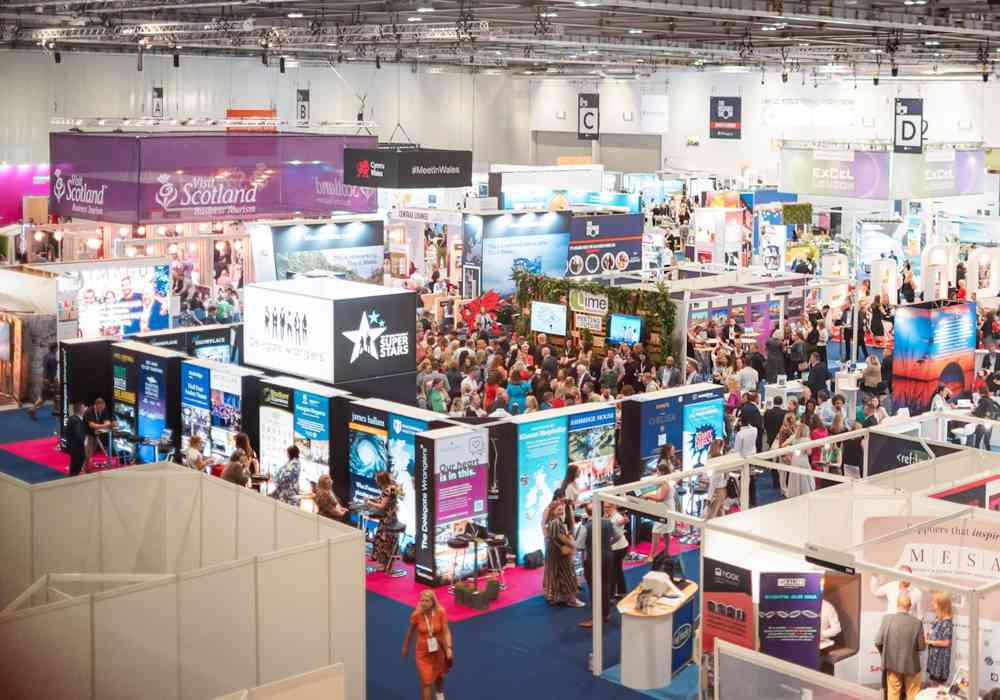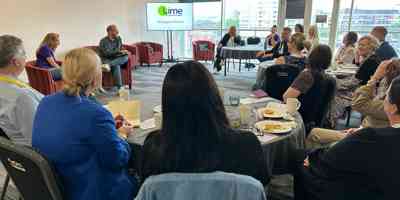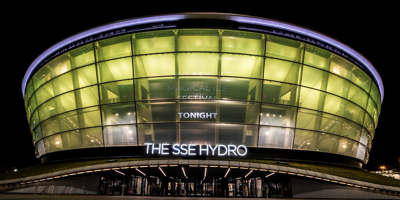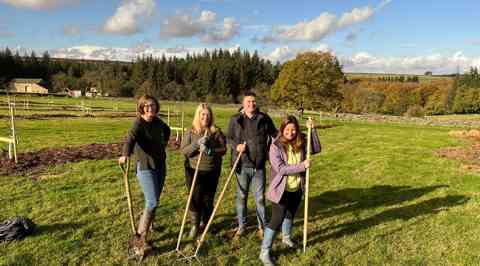Work Out Your Why’s and Why Not’s: Working with Stakeholders on Legacy Projects
Sustainability is about how your event affects the world around us.
Legacy is about how the event leaves something behind that affects the world around us.
It’s a simple clarification, but when Lime Venue Portfolio bought together a series of industry leaders to discuss legacy, one of the early points was to differentiate it from just heightened sustainability and ESG initiatives. The route chosen was to look at sustainability as something that took part within the venue itself, and legacy, its impacts on the near and far geographies and communities around it.
This distinction helps us assess what a good legacy project looks like and begins to open us up to the partners and stakeholders who support these initiatives. For instance, Lime Venue Portfolio is increasingly advocating for events to push forward on their control of Scope 3 carbon emissions. How can we not just affect our own actions, but those of others we interact with. A good example of this is banning air freight within the group’s supply chain. This is sustainability, it effects the event that takes place, but it has a far wider legacy than that.
But Scope 3 still doesn’t get to the heart of what Legacy is all about, and why it works so powerfully for many events. To go deeper, we need to go wider outside of the venue, and bring in stakeholders, the people and organisations who bring legacy to life, and make it happen.
For some it’s a simple as working with a charity to plant a tree. But the reality is that that too is just good sustainability, there is a link to the venue that isn’t specific to the event, its content or its community. A secondary example is to paint a school, or a mural that leaves a positive local impact. Again, admirable, but these legacies are more one way, they are a transaction not a conversation. True legacy comes with the latter rather than the former. To do these we need to hear the voices of these stakeholders and what they need.
Another of the fine points that came up during the discussions Lime Venue Portfolio has been having around legacy was that many events ‘inflict’ legacy on stakeholders, not work with them in terms of what they need. Many schools may well need a wall painted, but they may also require simple basics such as paper and stationary. Legacy shouldn’t just be about what the event wants to give, it’s about what the partner wants to receive, and how they can create longer sustained success from it.
Bursaries are a great example of this. We know that education creates positive social outcomes, and that access to it can be a game changer for many people in underprivileged or disadvantaged communities. These investments not only leave a lasting legacy, they reflect the values of the organisation (education) and progress their own community, be it medical or industrial. They are personal for the event and the legacy recipient.
Equally, there are myriad examples of ambitious legacy projects that look to educate or engage whole communities. Some events will activate at local levels e.g., for a diabetes led medical event, they will encourage local populations to visit testing facilities to and learn more and possibly safeguard their health. These have clear, admirable and long term benefits. One of the examples of quality legacy action is to choose a venue and city which is known to have a specific issue, e.g., with gastro or cardiovascular health. It’s a reason to move an event there, led by legacy.
It also solves the wider opportunity, which is to bring legacy to organisations that need it, in a format that does the most good. This can only happen with the right level of conversation. These conversations are actually about values. What is the event’s, what the stakeholders? It’s about the ‘why’ of the event, or the purpose – as so many are looking at. The more that both are clear on their why, the stronger and more creative these activations will be.
These partners can be vital in elevating legacy. If they believe in the cause, and they believe that the event believes in the same cause, they will go the extra mile. They will add relevance and depth and make it all the more powerful statement from the event community.




